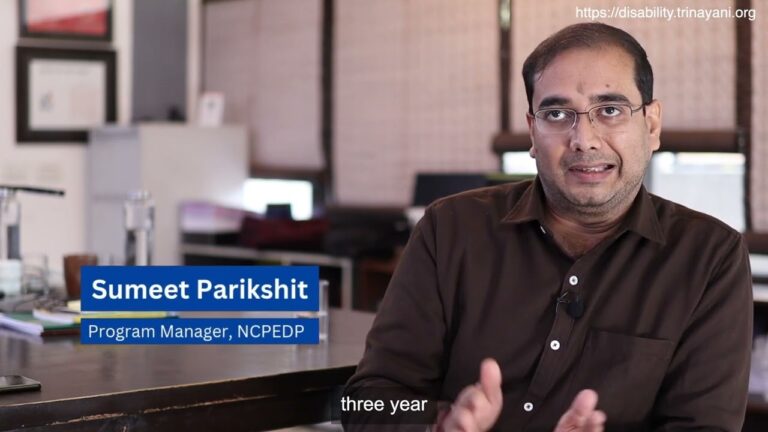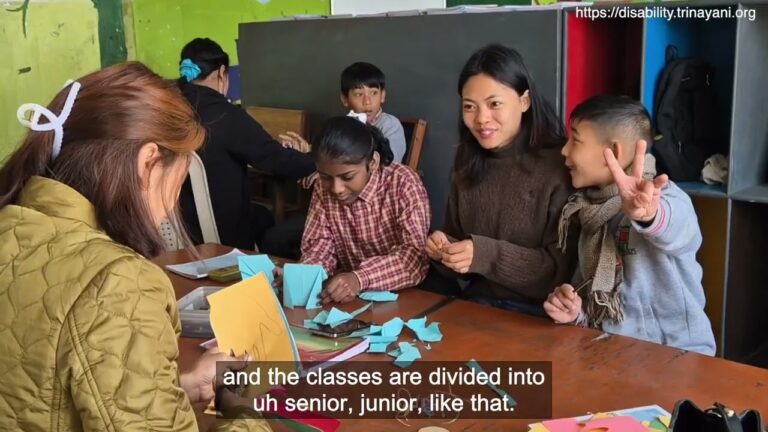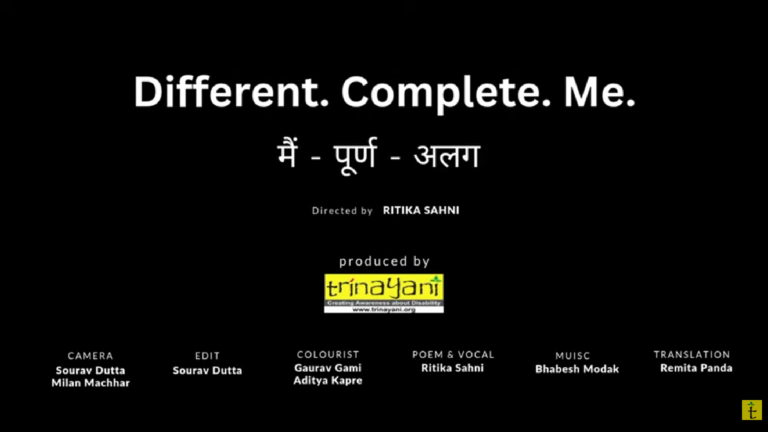Bumblebee Inclusive School – Kohima
In this film, special educator and proprietor Kopele Tepa, talks about a school where children with and without disabilities learn, play and grow side by side.
In a region where stigma still keeps many children with disabilities hidden at home, Bumblebee Inclusive School is doing something bold: opening doors, changing mindsets, and proving that every child belongs. Watch to see what true inclusion looks like in action!
You can navigate to the specific topics using the following chapters:
00:00 – Ritika Sahni’s introduction to the film
00:29 – Bumblebee Inclusive School
Dive Deeper: More on Disability
Learn about the most common inquiries surrounding disability, education, legislation, accessibility, employment and other sectors related to disability.
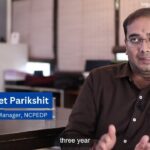
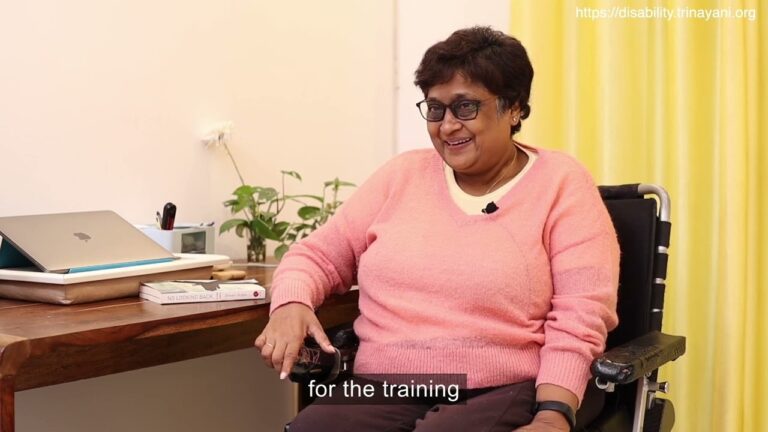
Playlist
Access & Inclusion


Playlist
Adaptive Sports


Playlist
Alternative Communication Methods
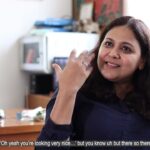

Playlist
Autism & Neurodiversity
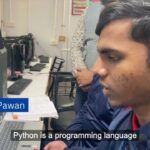
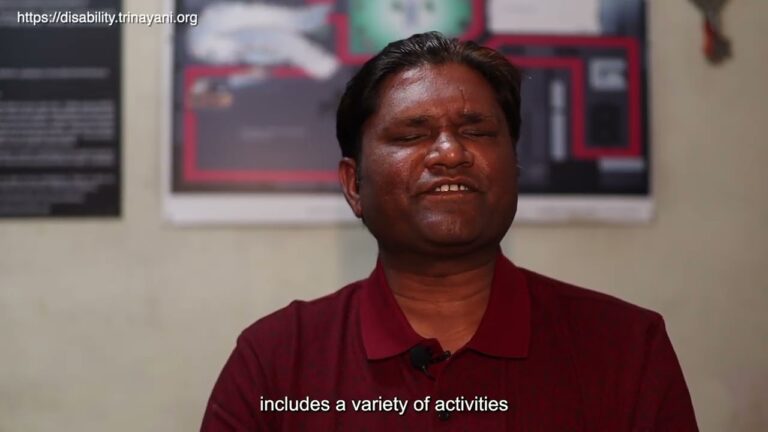
Playlist
Blindness & Adaptations


Playlist


